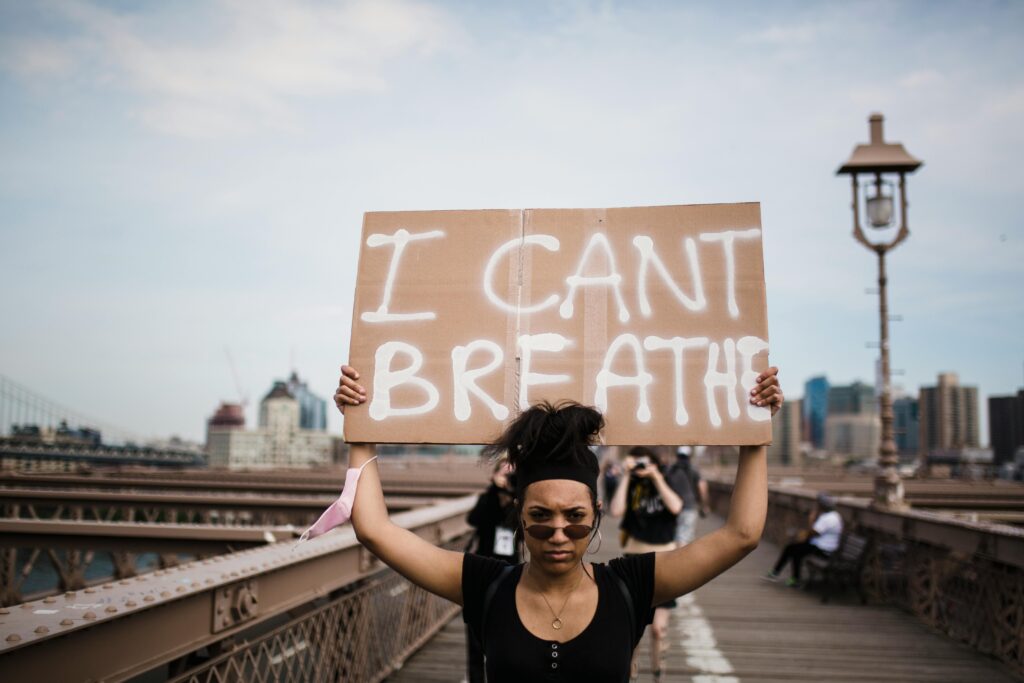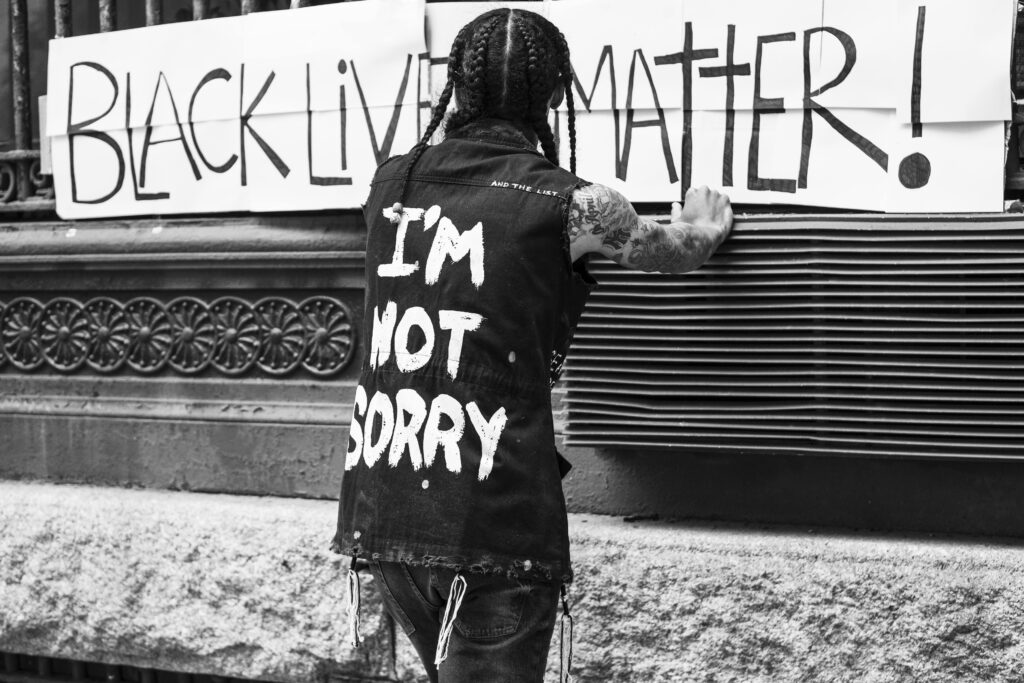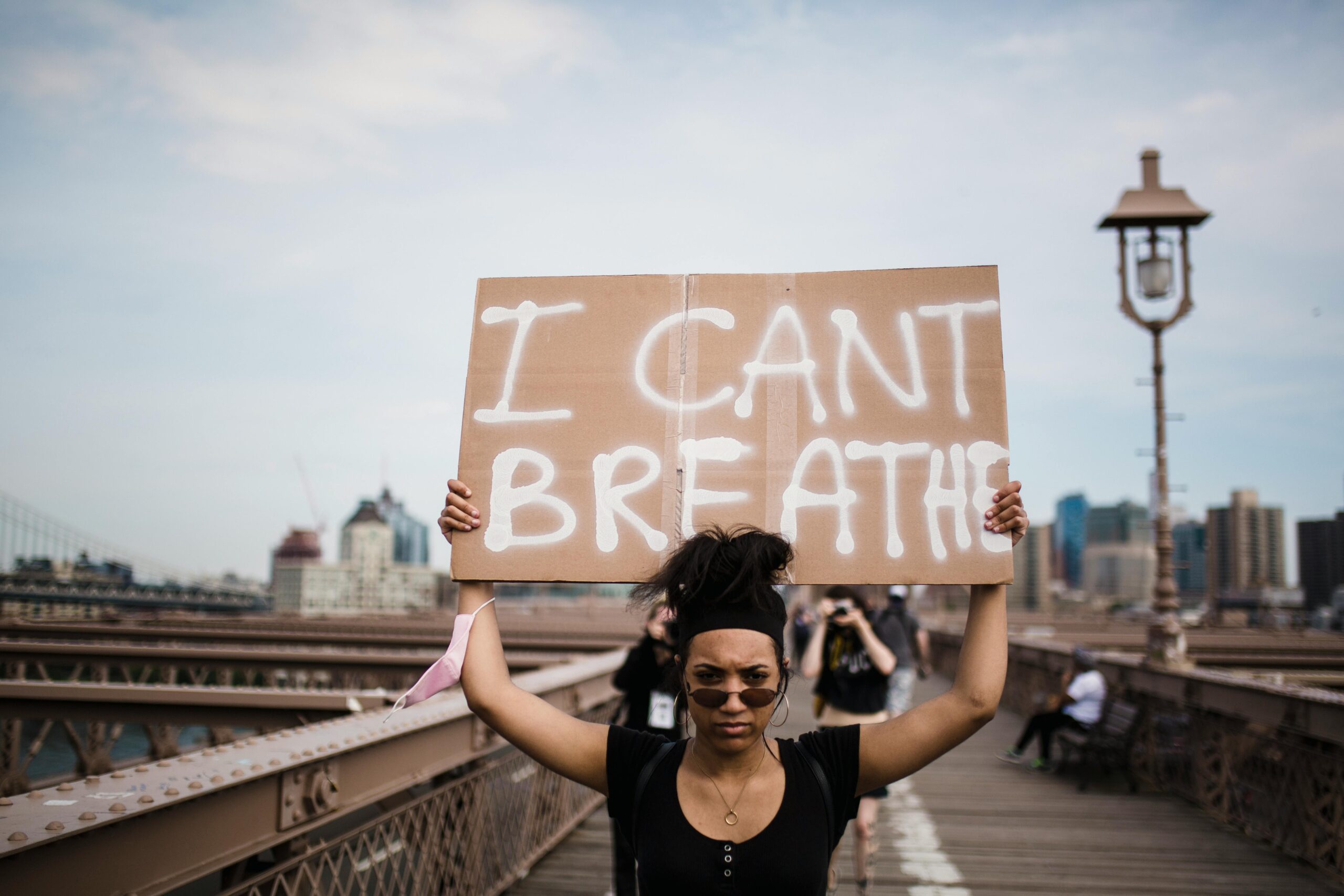In social orders around the world, the concept of Civil Justice shapes a foundation of guaranteeing reasonableness and openness to legitimate cures for people and bunches. Respectful equity envelops a wide range of lawful standards and forms pointed at settling debates between parties in a non-criminal setting. It plays an imperative part in maintaining the run of the show of law and securing individuals’ rights inside a society.

Key Components of Civil Justice
Civil Justice covers different perspectives of lawful procedures and instruments that encourage the determination of debate. One essential component is to get to courts or tribunals where parties can display their grievances and look for change. This guarantees that people have the opportunity to have their debate listened to and arbitrated upon by unbiased specialists.
Another basic perspective of Civil Justice is the guideline of due handling. This rule ensures that parties included in legitimate procedures have the proper to a reasonable and impartial hearing. It incorporates the correct to be educated of the nature of the claims against them, the opportunity to show proof and contentions, and the proper to a contemplated choice based on law and proof.
Respectful equity moreover envelops elective debate determination (ADR) components such as intercession and assertion. These strategies give parties adaptable and regularly less expensive roads to resolve their debate exterior of conventional court forms. ADR advances effectiveness and can offer assistance to lighten the burden on court frameworks.
Significance of Respectful Equity in Society
The compelling working of Civil Justice is fundamental for keeping up social arrangements and advancing certainty within the lawful framework. When individuals have confidence in the reasonableness and adequacy of respectful equity instruments, they are more likely to look for lawful cures and comply with the law.
Respectful equity also plays a basic part in ensuring personal rights and tending to imbalances. It empowers marginalized or impeded bunches to declare their rights against more capable substances, such as enterprises or governments. Available Civil Justice engages people to challenge injustices and look for responsibility.
Additionally, Civil Justice contributes to economic improvement and solidness by giving a system for implementing contracts and settling commercial debates. Businesses flourish in situations where legal mechanisms guarantee the requirement of rights and commitments.
Challenges and Openings
Despite its significance, Civil Justice frameworks confront a few challenges. These incorporate obstructions to get to such as fetch, complexity, and delays in court procedures. Numerous people, especially those from distraught foundations, battle to explore the lawful framework successfully.
Tending to these challenges requires progressing endeavors to upgrade to equity through legitimate help programs, streamlined strategies, and technology-driven arrangements. Developments such as online debate determination stages and community-based lawful administrations can offer assistance to bridge crevices and advance inclusivity.
Moreover, advancing mindfulness and instruction about civil equity rights and assets is significant for engaging people to state their lawful privileges viably.

Respectful Equity:
Guaranteeing Decency and Getting to Legitimate Cures
In social orders around the world, the concept of respectful equity shapes a foundation of guaranteeing reasonableness and availability of legitimate cures for people and bunches. Respectful equity includes a wide range of lawful standards and forms aimed at settling debate between parties in a non-criminal setting. It plays an imperative part in upholding the law and securing individuals’ rights inside a society.
Key Components of Respectful Equity
Respectful equity covers different angles of lawful procedures and instruments that encourage the determination of debate. One crucial component is to get to courts or tribunals where parties can show their grievances and look for change. This guarantees that people have the opportunity to have their debate listened to and settled upon by unbiased specialists.
Another basic angle of Civil Justice is the rule of the due handle. This rule ensures that parties included in lawful procedures have the proper to a reasonable and impartial hearing. It incorporates the right to be educated about the nature of the claims against them, the opportunity to present evidence and contentions, and the proper to a contemplated choice based on law and proof.
Respectful equity moreover includes elective debate determination (ADR) components such as intercession and discretion. These strategies give parties adaptable and regularly less expensive roads to resolve their debate outside of conventional court forms. ADR advances proficiency and can help alleviate the burden on court frameworks.
Significance of Civil Justice in Society
The successful working of civil justice is fundamental for keeping up social arrangements and advancing certainty in the lawful framework. When people have confidence in the reasonableness and viability of Civil Justice components, they are more likely to look for lawful cures and comply with the law.
Respectful equity moreover plays a basic part in ensuring personal rights and tending to disparities. It empowers marginalized or impeded bunches to state their rights against more effective substances, such as enterprises or governments. Open Civil Justice engages people to challenge shameful acts and look for responsibility.
Additionally, civil justice contributes to financial advancement and steadiness by providing a system for upholding contracts and settling commercial debates. Businesses flourish in situations where legitimate components guarantee the enforcement of rights and commitments.
Challenges and Openings
Despite its significance, Civil Justice frameworks confront a few challenges. These incorporate boundaries to get to such as taking a toll, complexity, and delays in court procedures. Numerous people, especially those from distraught foundations, battle to explore the lawful framework successfully.
Tending to these challenges requires progressing endeavors to improve get-to-equity through legal help programs, streamlined strategies, and technology-driven arrangements. Advancements such as online debate determination stages and community-based legitimate administrations can help bridge crevices and advance inclusivity.
Moreover, advancing mindfulness and instruction about civil equity rights and assets is pivotal for engaging people to declare their lawful privileges successfully.
Respectful Equity:
Guaranteeing Decency and Getting to Legitimate Cures
In each society, Civil Justice serves as a foundation of reasonableness and availability of lawful cures for people and communities. It envelops a wide extent of legitimate standards and forms outlined to resolve debate and maintain rights in non-criminal things. Civil justice frameworks are fundamental to keeping up the run, the show of law, and safeguarding personal freedoms.

Key Components of Civil Justice
Civil Justice includes a few key components that are essential for guaranteeing reasonableness and viability in lawful procedures:
Get to to Courts and Tribunals:
One of the basic perspectives of Civil Justice is the capacity of people to get to courts or tribunals to resolve debates. This guarantees that grievances can be listened to and adjudicated by fair-minded specialists, giving a pathway for looking for justice.
Due Handle and Reasonable Trial Rights:
Central to respectful equity is the guideline of due handling, which ensures that parties included in legitimate procedures have the right to a reasonable and fair-minded hearing. This incorporates the correct to be educated of affirmations, display proof, cross-examine witnesses, and get a contemplated choice based on law and actualities.
Elective Debate Determination (ADR):
Respectful equity moreover includes elective strategies of debate determination, such as intervention and intervention. ADR gives parties adaptable and less ill-disposed ways to resolve debate outside of formal court forms, often leading to quicker and more cost-effective results.
Significance of Civil Justice in Society
Respectful equity plays a basic part in society for a few reasons:
Protection of Rights:
It guarantees that people and substances have legitimate plans of action to ensure their rights and interface against encroachment or violations by others, including governments, enterprises, or people.
Advancement of Responsibility:
Civil Justice holds parties responsible for their activities and gives instruments for settling clashes calmly and reasonably, contributing to social steadiness and arrangement.
Get to to Equity:
It advances equity for all individuals in society, in any case of financial status, by giving roads to look for change and enforce legitimate rights.
Bolster for Financial Advancement:
A vigorous civil justice framework underpins financial improvement by upholding contracts, resolving the commercial debate, and advancing financial specialist certainty within the run of the show of law.

Challenges and Openings
Despite its significance, Civil Justice frameworks confront different challenges that affect their adequacy and availability:
Obstructions to Get to:
Components such as tall costs, legitimate complexity, dialect boundaries, and geographic aberrations can constrain getting to equity, especially for marginalized or distraught groups.
Excesses and Delays:
Court accumulations and lengthy legitimate procedures can weaken the effectiveness and viability of respectful equity, leading to delays in settling debates.
Resource Constraints:
Restricted assets, counting financing, and foundation, can pose challenges to the working of respectful equity frameworks, influencing their capacity to convey opportune and evenhanded results.
Tending to these challenges requires an all-encompassing approach that combines lawful changes, asset assignment, and development in benefit conveyance. Endeavors to upgrade, get to justice, promote lawful education, and contribute to technology-driven arrangements can improve the productivity and inclusivity of Civil Justice frameworks.

Conclusion
In conclusion, civil equity could be an essential column of majority rule social orders, guaranteeing reasonableness, responsibility, and getting legal cures for people and communities. By reinforcing civil justice frameworks and tending to boundaries to access, societies can maintain the run the show of law, secure human rights, and advance social equity and financial improvement. Respectful equity isn’t close to settling the debate; it is almost maintaining principal standards of decency and balance for all individuals in society.
